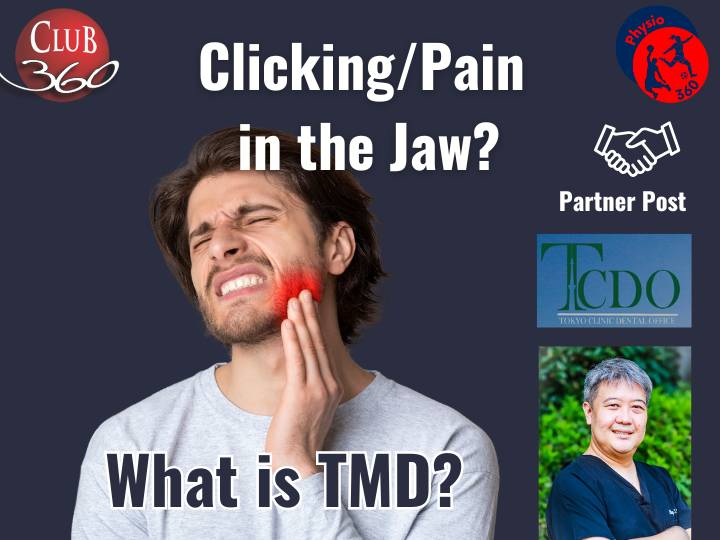Clicking or Pain in the Jaw? Understanding TMD
- sam17903
- Jul 30, 2025
- 2 min read
Have you ever noticed clicking sounds or pain in your jaw when talking or chewing? You may be experiencing a condition known as Temporomandibular Disorder (TMD).

What is TMD? TMD is an umbrella term for conditions affecting the temporomandibular joints (TMJ), the muscles surrounding them, and related structures. Common symptoms include pain at rest, pain when speaking or eating, and clicking or popping noises when you move your jaw.
Because the jaw is closely linked to the head and neck, it’s common for people with TMD to also experience neck pain or stiffness.
How is TMD Assessed? A thorough assessment for TMD includes both an interview to understand your symptoms and a physical examination of the jaw joints, muscles, and surrounding areas. Physiotherapists pay special attention to jaw symmetry, range of motion, and how your bite aligns and moves.
An assessment may also screen for contributing factors like headaches, dizziness, or neurological conditions. Collaboration with a trusted dentist is often necessary to rule out dental conditions that can mimic TMD.
What Does Treatment Involve? TMD treatment begins with education and practical advice on posture, eating habits, and awareness of jaw muscle tension. Hands-on treatments such as massage and gentle joint techniques can help reduce pain and restore normal movement.
A tailored exercise program can address muscle imbalances and improve how your jaw functions day-to-day.
Working with a dentist is often part of the plan. For example, a custom mouthguard may be needed to correct your bite and protect your jaw while you sleep. In Tokyo, we highly recommend Dr Anthony Drennan from Tokyo Clinic Dental Office, who has a special interest in TMD care. https://www.tcdo.jp/

It’s also important to look at sleep posture, stress levels, and other lifestyle factors that may be contributing to your jaw discomfort.
Don’t Put Up with Jaw Pain If you’re experiencing pain or clicking in your jaw, there’s a lot that can be done to help. Speak with your physiotherapist to find out the best management plan for you — and get back to living, eating, and talking comfortably.






Comments